Labor Day will be behind us and it is back to school for many. There may be signs that the summer heat will be gone soon. We should have a better idea about who will win the respective primaries. We may know more about climate change and what will we do if ISSL continues to grow. Most of us will be focused and the day to day stuff that happens, few will be thinking about what is happening in the Kingdom of Saudi Arabia (KSA).
The MERS-CoV, A first cousin to the deadly SARS virus, that emerged from the desert of KSA in September 2012 and later spread around the globe in the last two and a half years. Some have questioned the accuracy of the lab-confirmed cases in the Arabian Peninsula, however, the world-wide cases has been accepted as 1,250. Eighty-five percent of these cases are believed to be in the KSA with mortality rate of thirty-six percent.
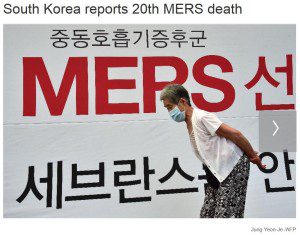 Last month a South Korean businessman returned from a trip to KSA and a number of adjoining countries and shortly after his return fell ill and was lab-confirmed for MERS-CoV, within three weeks the country has over 122 cases. The South Korean government quickly quarantined large number of citizens. The country could suffer a huge economic loss from tourism and other trade opportunities, much in the same way SARS devastated Toronto Canada.
Last month a South Korean businessman returned from a trip to KSA and a number of adjoining countries and shortly after his return fell ill and was lab-confirmed for MERS-CoV, within three weeks the country has over 122 cases. The South Korean government quickly quarantined large number of citizens. The country could suffer a huge economic loss from tourism and other trade opportunities, much in the same way SARS devastated Toronto Canada.
Every year KSA sets aside 5 days at the end of their calendar year for the Hajj. In the Muslim faith, devout Muslims have a duty (once in their life-time) to make a Pilgrimage to the Holy City of Mecca located in KSA. We wrote about this issue previously in 2013.
This year Muslim Pilgrims must make their Hajj visit between 21 -25 September. It is difficult at this point in time, to estimate the realistic number Pilgrims, some estimate between 3 and 5 million devotees will participate.
The screening of Hajj visitor as they leave KSA will be a nightmare because the median incubation period for this novel MERS-CoV is five to fourteen days.
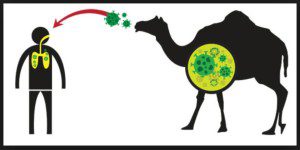 Another likely source for the distribution of the novel virus is from the many expatriates who work and live in KSA for long periods of time (28% of the Kingdom’s population are there on a temporary basis.)
Another likely source for the distribution of the novel virus is from the many expatriates who work and live in KSA for long periods of time (28% of the Kingdom’s population are there on a temporary basis.)
Public Health and Healthcare leaders must double their effort to anticipate this event and keep the trusting public and those returning from Saudi Arabia and Korea and as safe as possible.
World Health Organization and CDC advisories are in flux. Geopolitical events and the current regional hostilities could well have an impact on Hajj decisions made by the host country . Jim
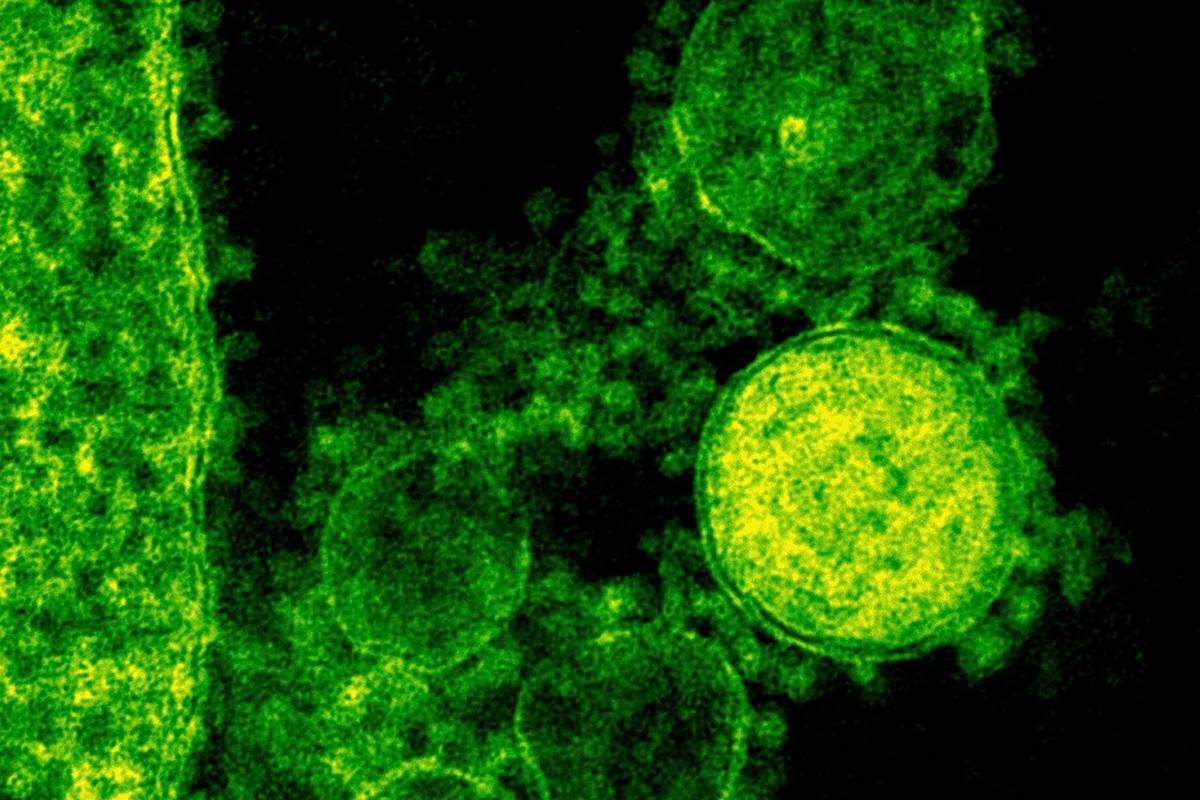

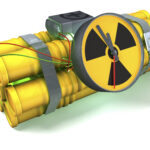

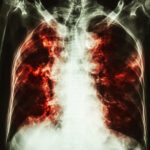
0 Comments